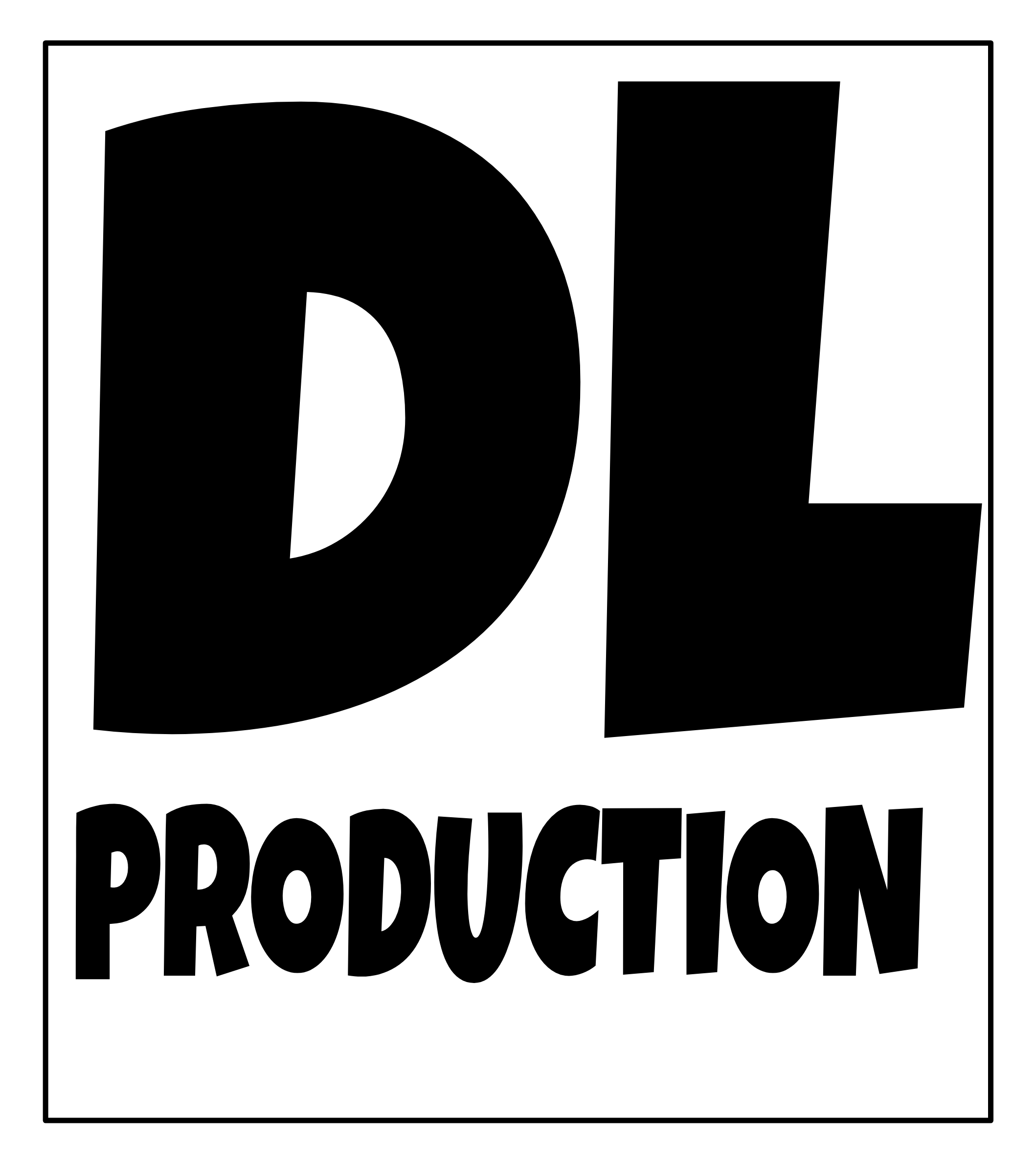

How to use a Credit Card?
Credit cards
have become a common means of payment in our daily lives. They offer convenience and a range of benefits, such as rewards, cash back, and the ability to build credit. However, it is important to understand how to use credit cards responsibly to avoid debt and financial difficulties.
Here are some things to keep in mind when using credit cards:
-
Choose the right card for you: There are many different types of credit cards, each with its own set of features and benefits. Some cards offer cash back, while others offer travel rewards or discounts. It’s important to choose a card that matches your spending habits and lifestyle.
- Keep track of your spending: It’s easy to overspend with a credit card, especially if you don’t keep track of your purchases. Make sure to regularly check your statements and monitor your spending to avoid going over your credit limit.
- Pay your balance in full each month: This is one of the most important habits to develop when using a credit card. Paying your balance in full each month helps you avoid interest charges and can improve your credit score.
- Avoid cash advances: Cash advances are a convenient way to get quick access to cash, but they come with high-interest rates and fees. It’s best to avoid cash advances and instead use your card for everyday purchases.
- Use your card for emergencies only: Credit cards should only be used for emergencies, such as unexpected medical bills or car repairs. Avoid using your card for non-essential purchases, such as clothes or entertainment.
- Read the terms and conditions carefully: Before applying for a credit card, it is important to read the terms and conditions carefully. This will help you understand the fees, interest rates, and other charges associated with the card.
- Keep your personal information safe: Protecting your personal information is critical when using a credit card. Always keep your card in a secure place and never share your card information with anyone. Be wary of emails or phone calls asking for your card information and never enter your card information on an unsecured website.
- Report lost or stolen cards immediately: If your credit card is lost or stolen, report it immediately to the issuer. Most issuers have 24/7 customer service lines to help you report the loss and prevent any unauthorized charges.
- Monitor your credit report: Regularly monitoring your credit report is important to ensure the accuracy of the information and to detect any fraudulent activity. You can request a free credit report from the major credit reporting agencies once a year.
- Use credit wisely: It’s important to use credit wisely and avoid overspending. Set a budget for your monthly expenses and stick to it. Paying your bills on time and keeping your credit utilization low can help improve your credit score.
Overall,
credit cards can provide many benefits and help you build a good credit history, but it’s important to use them responsibly and make informed decisions. By following the tips mentioned above, you can make the most of your credit card while avoiding debt and financial difficulties.
- Take advantage of rewards and benefits: Many credit cards offer rewards and benefits, such as cash back, travel rewards, or discounts. It is important to choose a card that offers rewards and benefits that are meaningful to you, and use the card consistently to maximize your rewards.
- Compare interest rates: When choosing a credit card, it is important to compare the interest rates offered by different issuers. A high interest rate can quickly negate any rewards or benefits you receive, so choose a card with a reasonable interest rate that you can comfortably pay off each month.
- Avoid late payments: Late payments can have a negative impact on your credit score and result in additional fees and charges. Make sure to always pay your credit card bill on time, and set up automatic payments if necessary to avoid late fees.
- Know your rights: Credit card issuers are regulated by the government and are required to follow certain rules and regulations. It is important to understand your rights as a credit card holder, such as the right to dispute charges and the right to a fair credit reporting.
- Seek help if needed: If you are having difficulty managing your credit card debt, there are resources available to help you. Consider reaching out to a financial advisor, debt counselor, or non-profit credit counseling agency for assistance.
By following these tips, you can use your credit card wisely, enjoy its benefits, and maintain a healthy credit history. Remember, using credit cards responsibly takes discipline and a commitment to budgeting and paying your bills on time.
In conclusion, credit cards can be a great tool for building credit and enjoying benefits, but it’s important to use them responsibly. Keep track of your spending, pay your balance in full each month, avoid cash advances, and use your card for emergencies only. By following these tips, you can make the most of your credit card while avoiding debt and financial difficulties.
Add a comment Cancel reply
Categories
- Artificial intelligence (4)
- Blogging (1)
- DL Production (10)
- How to Monetize (4)
- News ePaper (22)
- News ePaper English (10)
- News ePaper Hindi (12)
- Personal Finance (3)
- Recipes (1)
- SEO (4)
- TATA ipl (1)
Recent Posts
About us

Popular Tags
Related posts


The Beginner's Guide to Keyword Research for SEO


What are Meta Tags and How to Use Them for Better SEO


Nifty Bank: The Ultimate Digital Banking Experience







